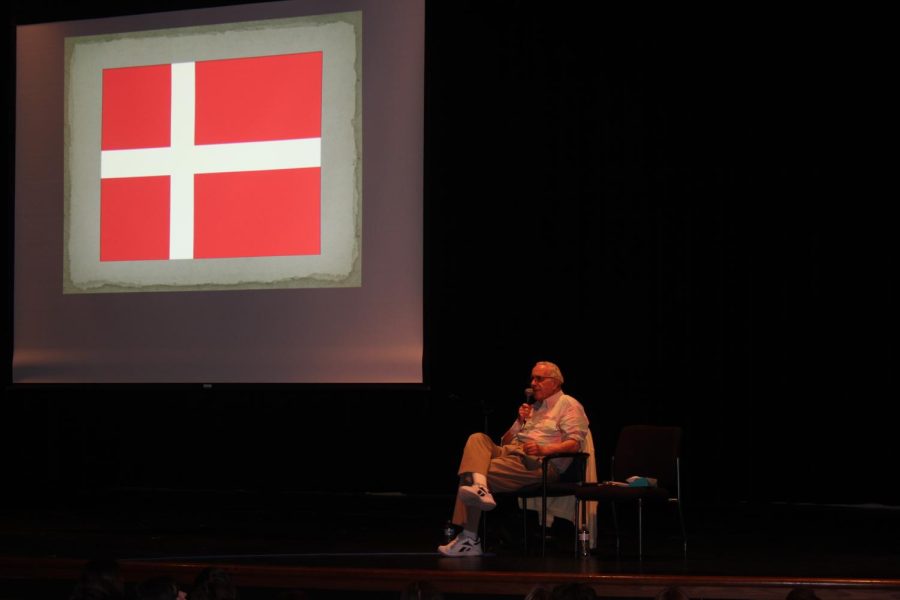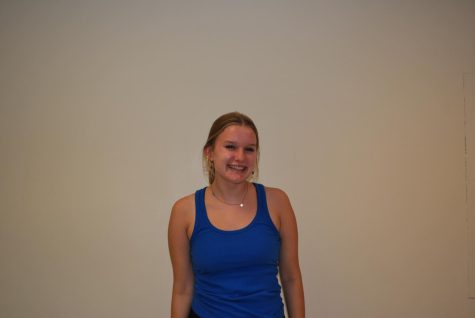Surviving the Holocaust: His Story
Speaker shares personal experience to freshmen on mission to educate
May 16, 2023
For most high school students nowadays, events like the Holocaust are something only read about in history books. But freshmen World History students had the unique opportunity to hear from and speak with survivor Steen Metz about his experience as a boy in a concentration camp.
Living in Denmark, Metz was just 8 years old when he was arrested along with his mother and father in 1943. They were deported to the Theresienstadt Concentration Camp in Czechoslovakia where Metz spent 18 months until he and his mother were liberated. Over 15,000 children passed through Theresienstadt, and Metz was one of just 1,500 that survived.
“When we were arrested, we were loaded into a cattle car,” Metz said. “We spent over three days and three nights in the cattle car. That was absolutely awful. It was completely dark and we had no idea how long we would be there.”
Because Metz was under the age of 16, he was not forced to do physical labor. However, he did volunteer to carry messages between Nazi offices within the camp, he said. His mother, Magna Metz, worked in a factory with a metal called mica, that would eventually be used for war machines.
One of his worst memories was when his father, Axel Metz, died from starvation six months into their time at the camp, he said. With the combination of little food and slave labor, he had lost over 50% of his body weight.
“I had some abandonment issues when I got back to Denmark since I did not have a father anymore,” Metz said.
Metz was liberated with some 430 Danish Jewish people in mid April 1945. By early May, the camp was removed from German military control.
“We were liberated by the ‘white buses’ organized by the Red Cross that came from Sweden,” he said. “This was a very happy day.”
His mother suffered from hearing loss and anxiety after they returned to Denmark.
“I was very lucky in that regard,” Metz said. “Probably because I was so young, I didn’t suffer any nightmares. If I was older, I think, it would’ve been worse.”
Upon returning to Odense, Denmark, Metz completed high school and business college in Copenhagen. He began to work in the food industry, which brought him to England where he met his now wife, Eileen Metz, of 61 years. They married in Canada, and eventually settled in Deerfield, Ill.
At first, Metz did not speak much of his experience with the war. He spoke about it some with his wife, then with his children, and a lot with his grandchildren, he said. In 2011, his daughter encouraged him to speak at his grandson’s school, Lincoln Middle School, in Park Ridge.
“It was kind of a ‘trial’ to speak at my grandson’s school because I didn’t know how they would behave,” he said. “But they were very respectful, and that has been the case ever since.”
From there, Metz began speaking to students more on a regular basis in 2012. Last summer, he reached his goal of speaking to 100,000 people, and as of spring of 2023, he has spoken to over 700 groups.
Metz came to speak to around 250 freshman students on April 27 in the PAC. This was his second year speaking at LT, and his visit was coordinated by Global Studies teacher Christina George.
“The number of people who’ve been killed in one of the major historical genocides that we teach is unfathomable,” George said. “I felt as if that somehow made it more difficult for the impact to resonate with students. I believed that hearing from one survivor would help us all connect to the larger tragedies. I read about Mr. Metz in an article in the Tribune and was thrilled to learn that he would come [to] share his story with LT.”
At the end of Metz’s presentation, he always opens up to questions from the students, which is his favorite part, he said.
“I feel like we tend to take for granted all of these basic necessities that we have,” World History student Michelle Martinez ‘26 said. “For me, I learned a lot from it. I found it fascinating, and I took a lot of notes. I think it should be taught to better ensure that the atrocities of the past are never forgotten, and to promote critical thinking about discrimination in today’s world.”
This presentation was available to all World History students and took place during seventh and eighth period. George hopes that it can be expanded further across LT’s campuses, she said.
“It is 2023, and the number of Holocaust survivors left are so few,” George said. “To meet someone that not only lived through the war but survived a concentration camp is impactful. The current climate in our country is so divisive, and remembering gross human rights injustices can hopefully build a better world.”
Metz also wrote a book of his experiences titled, “A Danish Boy In Theresienstadt, Reflections of a Holocaust Survivor.” When he visited LT, he donated a copy of his book to the school library.
“In the beginning, when someone asked him if he was guilty about surviving, he said, ‘No, I’m just lucky,’” World History student Avery Hicks ‘26 said. “That really left an impact on me because a lot of it is not about one person is better than the other. I felt like I didn’t know a lot outside of German and Polish Jewish people [being victimized], and it really helped me get a well-rounded perspective on the Holocaust.”
LT plans to have him back next year if he is willing, George said. Metz now lives in Barrington and is 88 years old.
“One thing that I am often asked is, ‘Have you learned anything from the Holocaust?’” Metz said. “I feel we can learn never to give up hope. That, and having respect for other people. You don’t have to love everybody but treat everyone the way you want to be treated, and not the way we were treated by Hitler.”

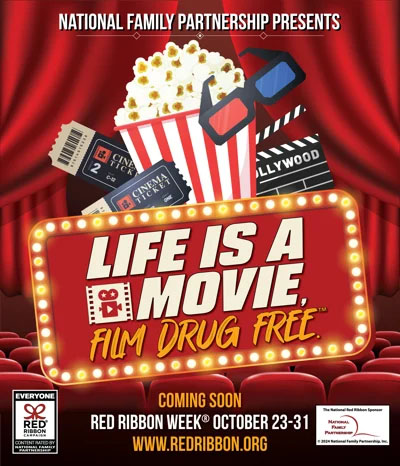

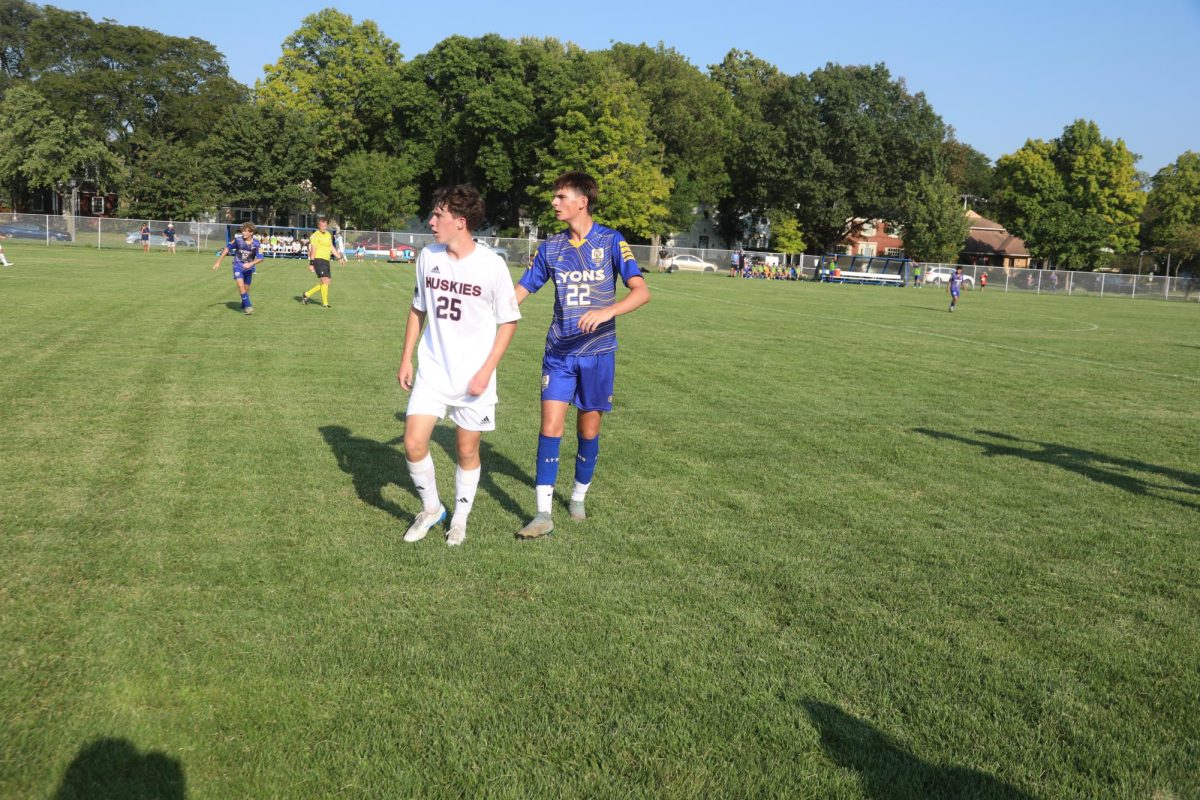
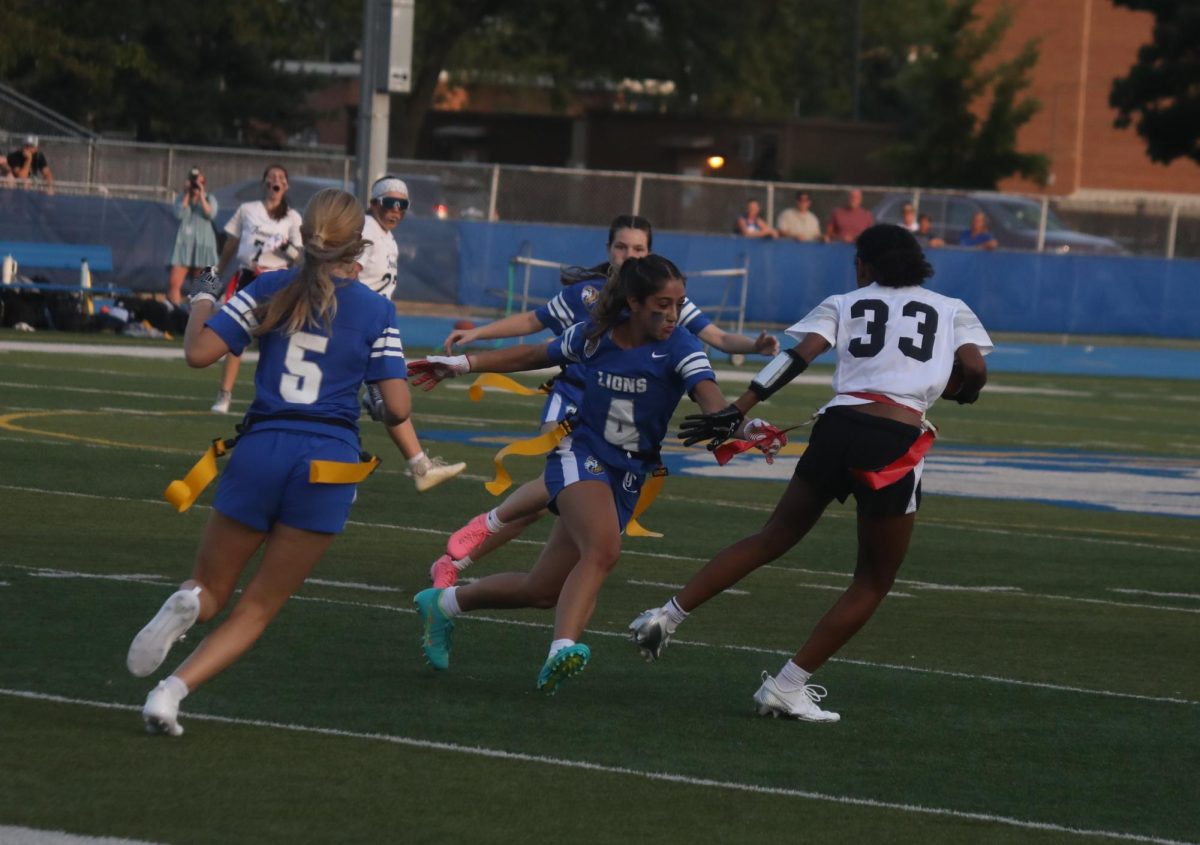




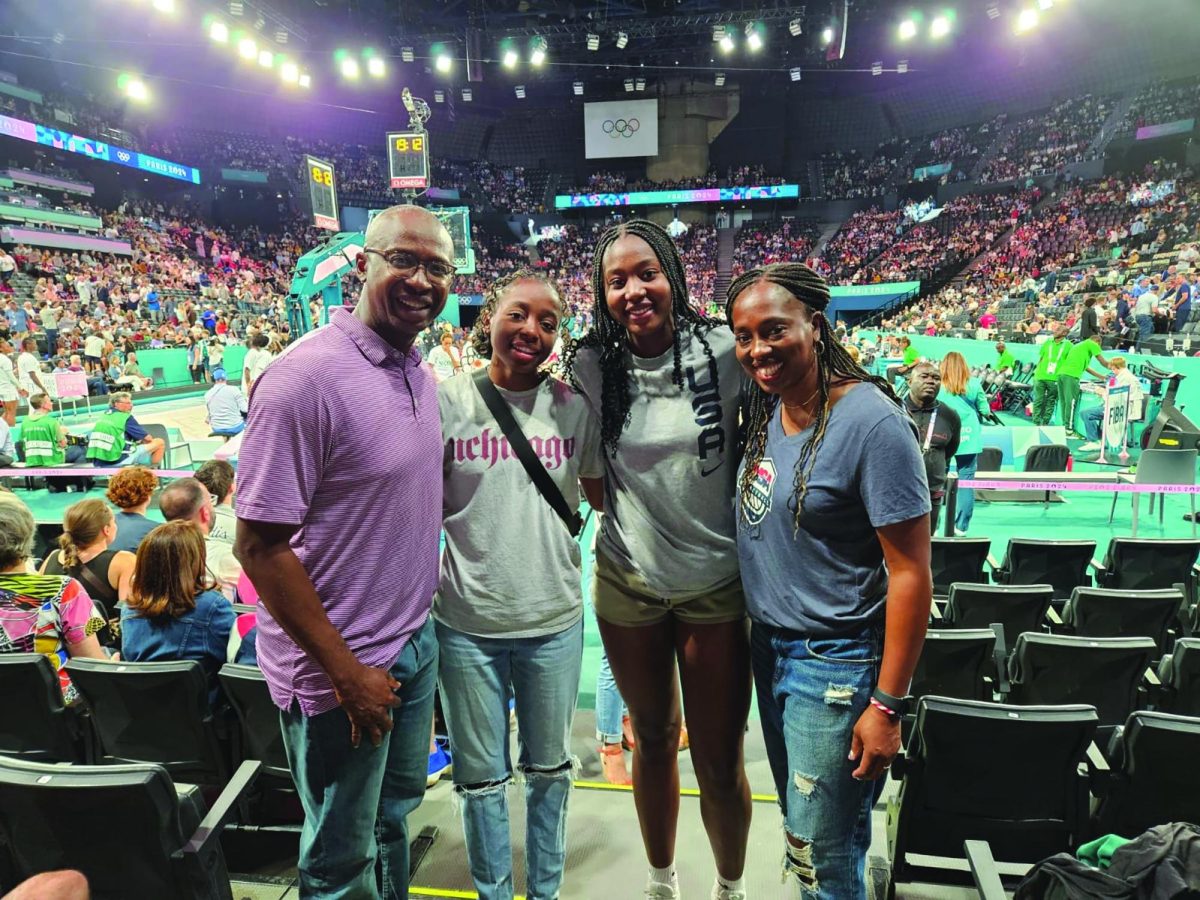





![Movie poster for '[Rec]" (2007).](https://www.lionnewspaper.com/wp-content/uploads/2023/04/rec-640x900.jpg)

